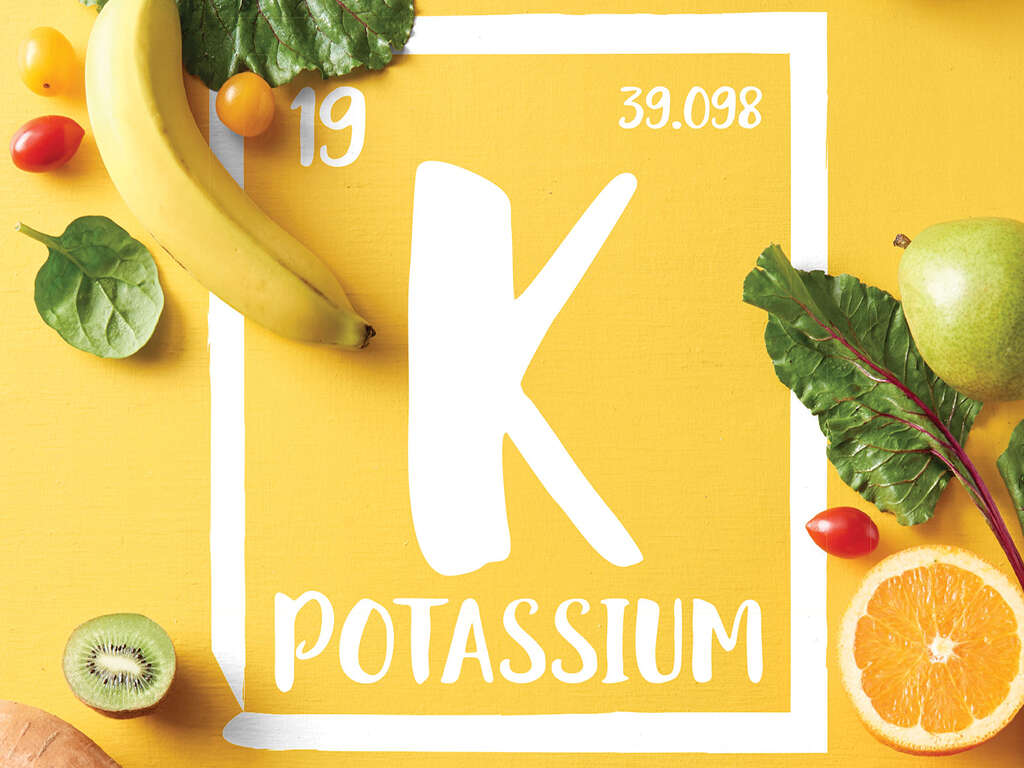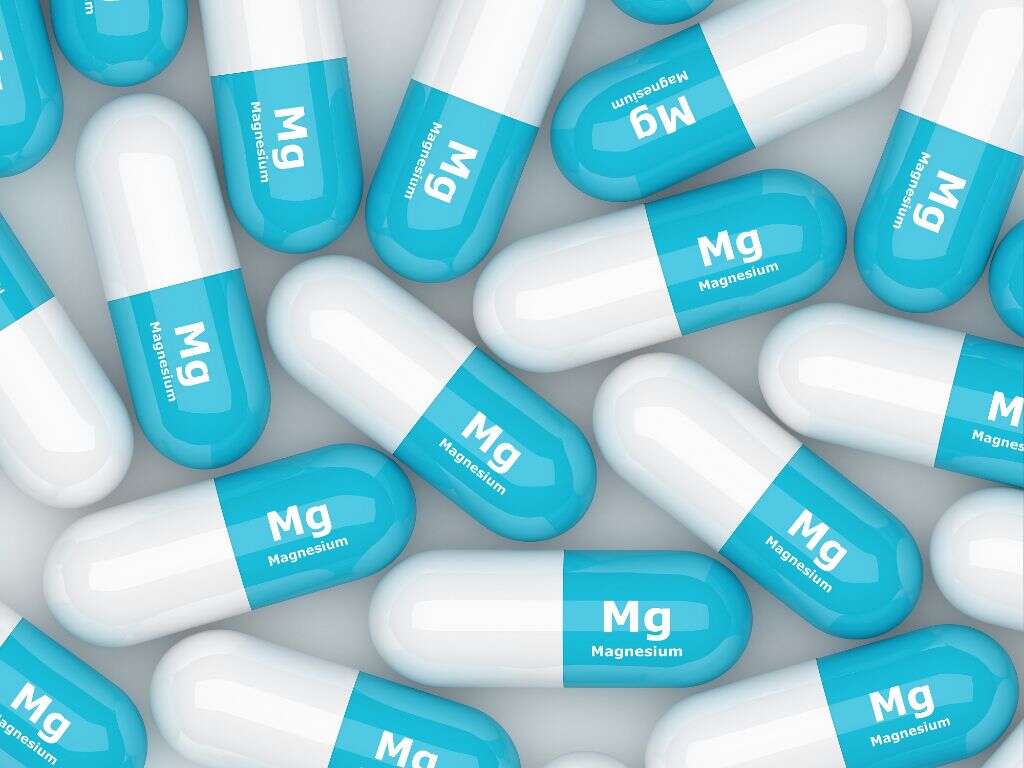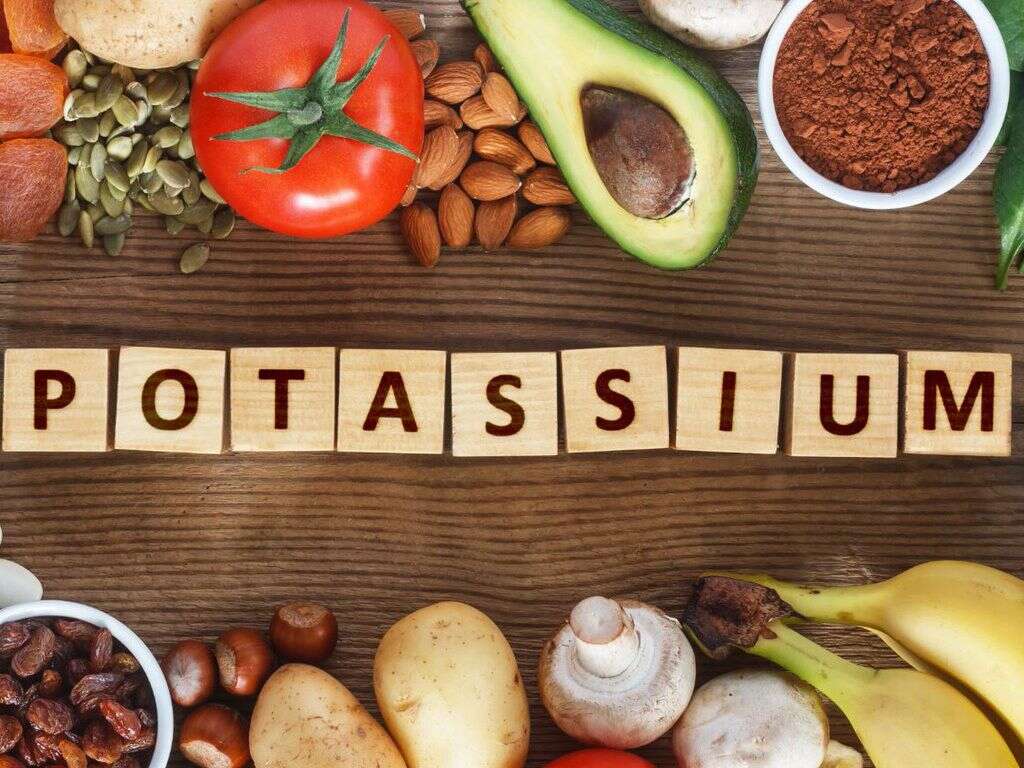10 Potassium Deficiency Symptoms
Hypokalemia is a condition where there is a low level of potassium in the blood serum. The normal levels of potassium are between 3.5 to 5.0 mmol/l; levels lower than 3.5 mmol/l defines hypokalemia. Hypokalemia is severe when potassium levels are lower than 2.5 mmol/l. Besides a blood test, hypokalemia can also be detected using an electrocardiogram. There are many causes of hypokalemia: side effects from medications such as steroids and furosemide, diarrhea, dialysis, hyperaldosteronism, hypomagnesemia, and more.
The treatment and management of potassium deficiency is the replacement of potassium and to treat the underlying cause of deficiency. However, the speed at which the potassium is replaced depends on the changes detected in the electrocardiogram. Mild deficiency can be managed through dietary changes or potassium supplements, which can be provided orally or intravenously. Examples of levels of intravenous potassium given are 10-40mmol per hour but of course the dosage given will be decided by a clinician. When replacing potassium, magnesium may also need to be replaced.
Low potassium is one of the most common water-electrolyte imbalances. It also affects as many as 20% of hospitalized patients. Mild potassium deficiency does not usually cause symptoms; however, more severe cases usually present with some of the following symptoms:

Symptom #1: Fatigue
Fatigue is defined as a gradual onset of tiredness that can usually be alleviated by rest. Fatigue can be divided into physical fatigue and mental fatigue. Physical fatigue refers to the temporary inability of muscles to maintain their peak physical performance, while mental fatigue refers to the transient inability to achieve maximum cognitive performance.
Fatigue can manifest as lethargy or somnolence. Fatigue is a non-specific and common symptom that can be seen in various conditions other than hypokalemia, such as overworking, mental stress, jet lag, overstimulation, depression, boredom, inadequate sleep, low blood sugar, mineral deficiencies, anemia, and more.

Symptom #2: Muscle Cramps
A cramp occurs when there is an involuntary and sudden muscle contraction which is typically short-lived and non-damaging. However, it can cause significant pain and immobility of the affected muscle. Muscle cramps usually have a sudden onset and resolve on their own.
Cramps can occur in both smooth or skeletal muscles. Skeletal muscle cramps can occur due to muscle fatigue, hyponatremia, hypokalemia, or hypomagnesemia. Smooth muscle cramps can occur due to gastroenteritis or menstruation.

Symptom #3: Constipation
Constipation is defined as infrequent bowel movements or stools that are difficult to pass. People often describe the stool to be hard and dry. Other associated symptoms of constipation include bloating and abdominal pain. Constipation can lead to complications such as anal fissure, hemorrhoids, or fecal impaction.
In addition to low potassium levels, constipation is a non-specific and common symptom that can be seen in disorders such as irritable bowel syndrome, pelvic floor issues, diabetes, hypothyroidism, celiac disease, colon cancer, diverticulitis, and side effects from medications. Treatment depends on the underlying cause and may include drinking more fluids, consuming more fiber, exercise, and the use of laxatives if necessary. The normal frequency of bowel movements for adults range from three per day to three per week.

Symptom #4: Abnormal Heart Rhythm
Abnormal heart rhythm, also known as heart arrhythmia, is a group of conditions where the heartbeat is too fast, too slow, or irregular. Tachycardia occurs when the heart beat is above 100 beats per minute while bradycardia occurs when the heart beat is less than 60 per minute.
Other types of abnormal heart rhythms include supraventricular tachycardia, ventricular arrhythmia, extra beats, bradyarrhythmia, and more. Arrhythmias are usually caused by issues with the electrical conduction of the heart and electrolyte imbalances, including hypokalemia.
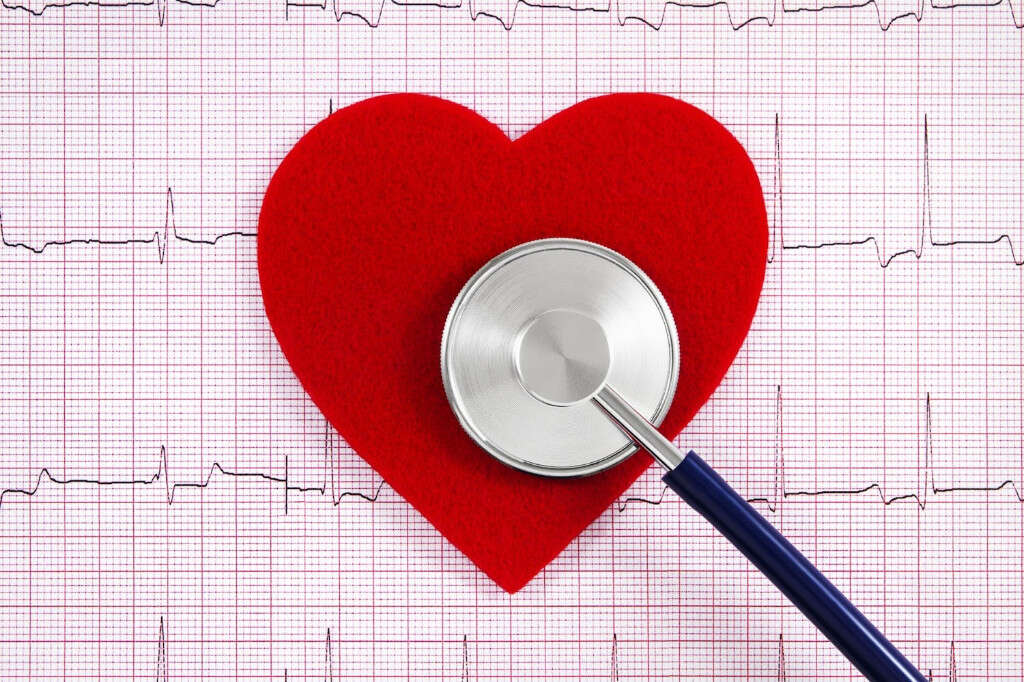
Symptom #5: High Blood Pressure
Blood pressure refers to the pressure of an individual’s blood circulation on the walls of blood vessels. It is a term that is typically used to describe the pressure in the large arteries and is expressed in terms of systolic and diastolic pressure.
Blood pressure is influenced by total peripheral resistance, cardiac output, and arterial stiffness. As observed in multiple studies, the level of potassium can affect blood pressure levels where low potassium intake increases blood pressure while high potassium levels lower blood pressure.
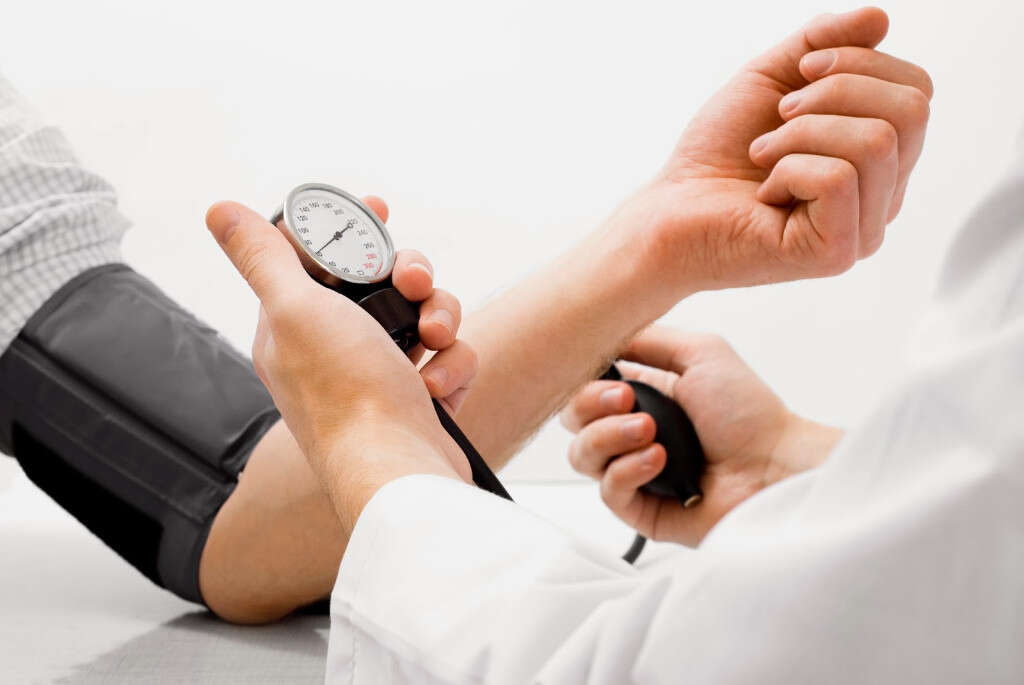
Symptom #6: Muscle Weakness
Muscle weakness is medically known as myasthenia. The word myasthenia is of Greek origin and translates to lack of muscle strength. Muscle weakness can be divided into true or perceived muscle weakness. True muscle weakness is caused by conditions such as inflammatory myopathy and muscular dystrophy.
It can also be caused by hypokalemia and the imbalances of other electrolytes within the muscle cells. Perceived muscle weakness occurs when an individual feels that more effort than normal is required to exert a usual amount of force, even though the actual muscle strength is normal.

Symptom #7: Myalgia
Myalgia is also known as muscle pain. It is a non-specific symptom that can be seen in many diseases and disorders, including potassium deficiency. However, the most common causes of myalgia are the overuse and overstretching of the muscle groups. Myalgia can also be caused by viral infections, metabolic myopathy, chronic fatigue syndrome, nutritional deficiencies, side effects of medications, fibromyalgia, and multiple sclerosis.
The management of myalgia depends on the underlying cause. In the case of hypokalemia, raising potassium levels is helpful. Painkillers such as paracetamol (or acetaminophen) and non-steroidal anti-inflammatory drugs (NSAIDs) such as ibuprofen can also be beneficial.
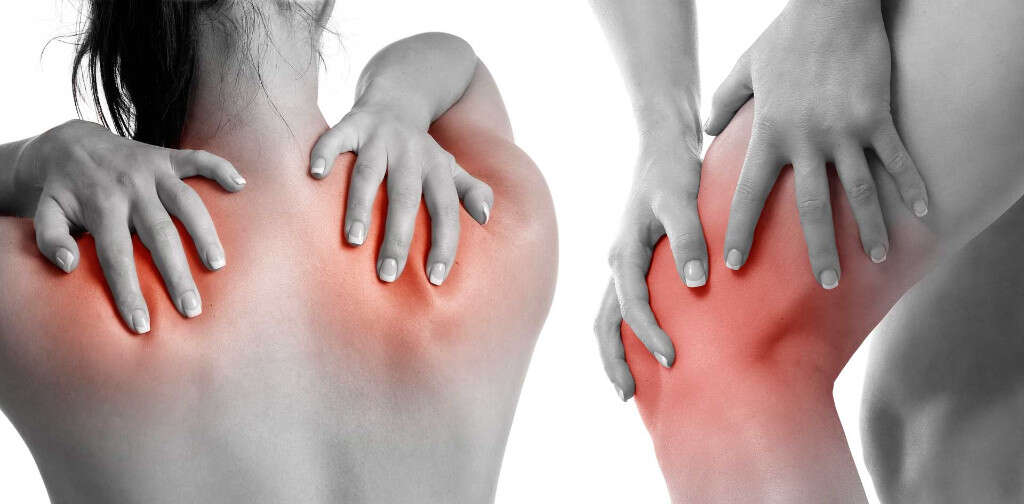
Symptom #8: Flaccid Paralysis
Flaccid paralysis is a muscle condition where there is weakness, reduced muscle tone, or paralysis without obvious causes such as trauma. It may be caused by diseases or injuries that affect the nerves. If the nerves supplying a muscle group are severed, those muscles will exhibit flaccid paralysis.
Flaccid paralysis can be fatal if it affects the muscles of respiration, causing an inability to breathe and death from suffocation. Flaccid paralysis can be caused by polio, botulism, curare, lower motor neuron lesions, hypokalemia, neurotoxic venoms, nerve agents, and more.

Symptom #9: Hyporeflexia
Hyporeflexia is a term that describes absent or below normal reflexes and is usually linked to a lower motor neuron deficit.
Hyporeflexia can be caused by spinal cord injuries, hypothyroidism, side effects of drugs, electrolyte imbalances (including low potassium), Guillain-Barre syndrome, polyneuropathy, centronuclear myopathy, and more.

Symptom #10: Respiratory Depression
Respiratory depression is also known as hypoventilation, where there is a lack of adequate ventilation required for gas exchange in the lungs. Respiratory depression results in an increased concentration of carbon dioxide in the body, which is known as hypercapnia.
This results in respiratory acidosis. Respiratory depression can be caused by conditions such as a stroke affecting the brainstem, use of medication or drugs (such as opioids), chronic mountain sickness, hypokalemia, and more.








